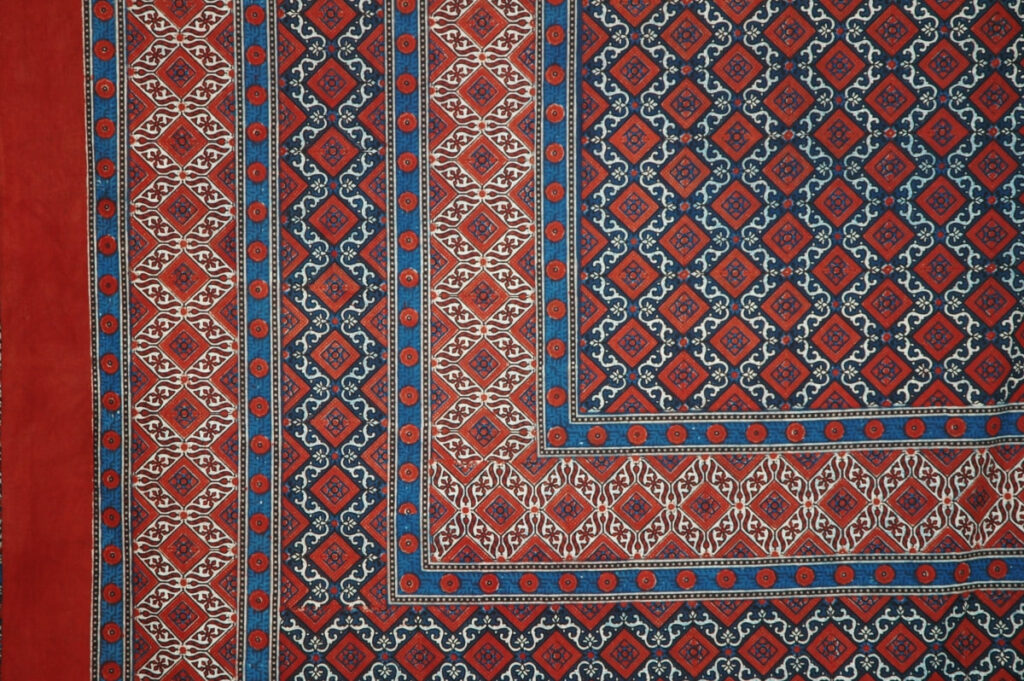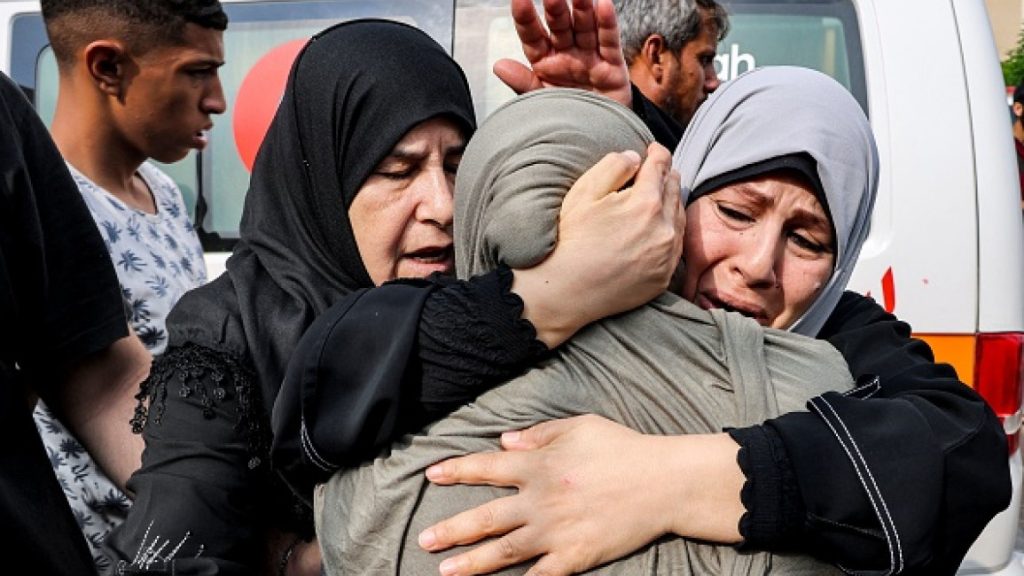Why are we shying away from our commercial heritage? Why is that a traditional and locally crafted product cannot be placed among the foreign stamped decoration pieces in our drawing rooms? Local embellishments and apparels cannot become the talk of the party? It is not a choice that we should exercise with no feelings of remorse, rather it is a matter of grave significance that needs our immediate attention.
We have been looking at the truck art since ages, and when Maheen Khan decided to use that in her Gulabo collection ,it become a fashion staple. Our world famous Tarkashi and shadow work became fashionable for us when the neighbouring country flooded our markets with Chikenkari.
These crafts carry huge sicio economic significance for any country. Ajrak, traditional stitches,shawls, khusas, craft like zardozi, chunri, that are indigenous to Pakistan these are classified as commercial heritage of a country because they help a country generate revenue in national and global markets. But do our artisans actually profit from them?
When International brands like Dolce and Gabbana decide to cash on the truck art of Pakistan by designing a whole kitchen range out of it, or when brands like Forever21 and Urban Outfitters decide to do a line on Ajrak, they are actually stealing the intellectual property of that country.
There is an international law of Geographical Indications that determines the origin of a product and if any country wants to use a product, they have to source it from the local market, in short the women artisans and the marginalized communities of the country of its origin associated with that craft earn.
‘A geographical indication (GI) is a sign used on products that have a specific geographical origin and possess qualities or a reputation that are due to that origin. In order to function as a GI, a sign must identify a product as originating in a given place. In addition, the qualities, characteristics or reputation of the product should be essentially due to the place of origin. Since the qualities depend on the geographical place of production, there is a clear link between the product and its original place of production’
After 10 years Pakistan finally decided to pass the law of the Geographical indication however, unfortunately it does not include the women led products. When we look at our neighbour, India has more than 100 GIs to protect its crafts. Because Pakistan isn’t protecting its crafts, International Brands continue to sell them with no repercussions .
Because of our trade policies, articles like Shawls of Swat and Kashmir are facing severe decline in the export and domestic markets because of the import of shawls from China which are machine replicas of our indigenous hand-crafted shawls. If one hand woven and embroidered shawl in Pakistan takes weeks to complete the process, the machine made and embroidered one from China takes hardly one day from scratch to the finished product.
These low-cost replicas are destroying our craft domestically and then these are exported in the name of our original Swati and Kashmiri shawls costing us millions of revenue in the exports. Likewise, an influx of low quality Indian embroidered dresses is killing the domestic industry of hand embroidered apparel, where Geographical indications can save, protect and promote the local products.
With trade liberalization there is a severe concern that the mega market’s injection of the replicas of handicrafts, into a struggling economy like Pakistan, which is the lifeline of the women artisans of Pakistan can only be fatal.
The significant element is that this isn’t just fashion but it is our country’s identity, a life source and foundation of our country’s economic growth. Traditional crafts not only help in self employment but it ultimately impacts the overall economy of the country.
Pakistan is currently facing an alarming situation where the country is not only losing its traditional heritage but because of the lack of Government’s interest the industry is about to perish. Usually marginalized communities are associated with these crafts and above all the women of Thar, Kashmir, Giligit, Multan they are associated with this industry.
Hand embroidered apparel, accessories and cultural embellishments are predominately women led crafts that run in the families of the artisans for centuries, they act as a bond within families as the craft is passed on from generation to generation but it also bonds them with their creates a bond between a buyer and a seller
Multiple factor play a part in a country’s development and it is unfortunate that after 73 years of Independence Pakistan is still an underdeveloped country. In the world of technology and digital warfare the attacks are elusive and countries have to be on constant alert, ecommerce has become another tool at the hand of economies of scale to jeopardize vulnerable economies.
It is to be noted that the consumer behaviour of Pakistan has been subtly and gradually influenced in favour of the imported items to give up on the local products.
The profit mongers make profit and Pakistan’s foundation becomes weaker when the marginalized communities lose their income. More poverty, more deprivation will ultimately lead to resentment towards the state which can destabilize the whole socio economic system.
As individuals we need to be careful of what to buy in the name of Fashion, its not too late as consumers to reflect upon our buying behavior, make a deliberate effort for ethical shopping.
We have proposed to celebrate National Handicrafts Day in Pakistan to sensitize the public, to create economic opportunities and to promote a sense of ownership of our culture, our heritage to strengthen nationalism.




